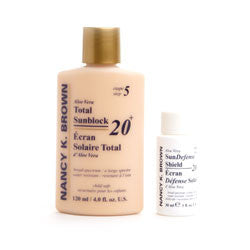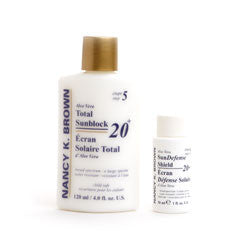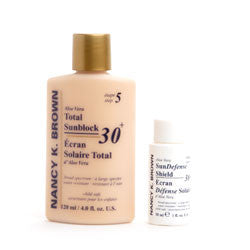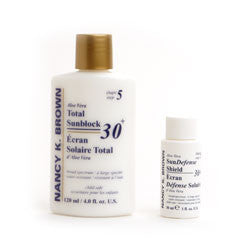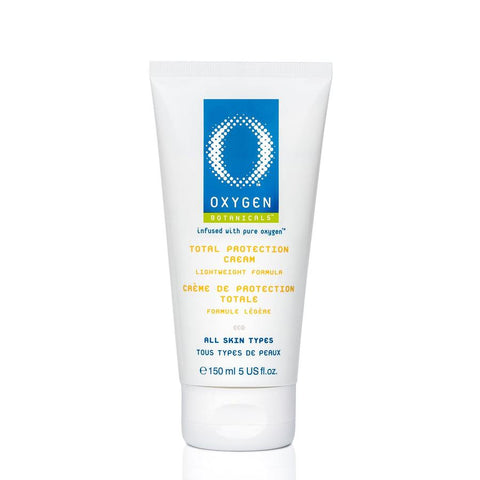Sun Care

Why Is Sun Protection Important?
We all need some sun exposure. When skin is exposed to the sun, our bodies make vitamin D, which helps the body absorb calcium for stronger, healthier bones. It only takes a little time in the sun for most people to get the vitamin D they need (and most vitamin D needs should be met with a healthy diet and/or supplements).
Too much unprotected exposure to the sun's ultraviolet (UV) rays can cause skin damage, eye damage, immune system suppression, and skin cancer. Even people in their twenties can develop skin cancer.
How Do Sunburns Happen?
The sun radiates light to the earth, and part of that light consists of invisible UV rays. When these rays reach the skin, they cause tanning, burning, and other skin damage.
- UVA rays cause skin aging and wrinkling and contribute to skin cancer, such as melanoma (the most dangerous form of skin cancer). UVA rays pass easily through the ozone layer, so they make up the majority of our sun exposure.
- UVB rays are also dangerous, causing sunburns, cataracts (clouding of the eye lens), and effects on the immune system. They also contribute to skin cancer, and melanoma is thought to be associated with severe UVB sunburns before age 20.
UV rays react with a chemical called melanin that's found in skin. A sunburn develops when the amount of UV exposure is greater than what can be protected against by the skin's melanin. The risk of damage increases with the amount and intensity of exposure. A tan is itself a sign of skin damage and does not help protect the skin.
Who Needs Sun Protection?
Everybody needs sun protection. The lighter someone's natural skin color, the less melanin it has to absorb UV rays and protect itself. The darker a person's natural skin color, the more melanin it has. But both dark- and light-skinned person need protection from UV rays because any tanning or burning causes skin damage.

